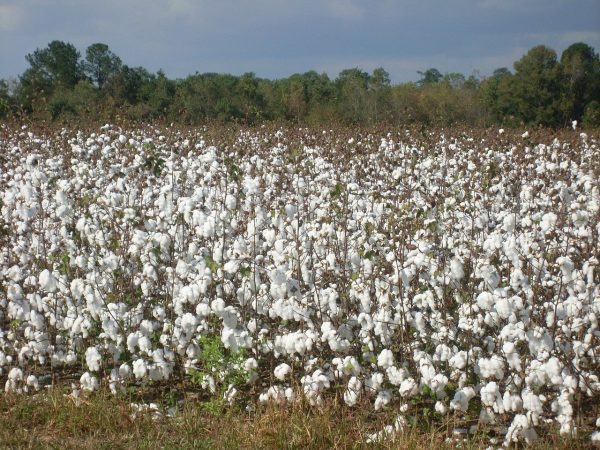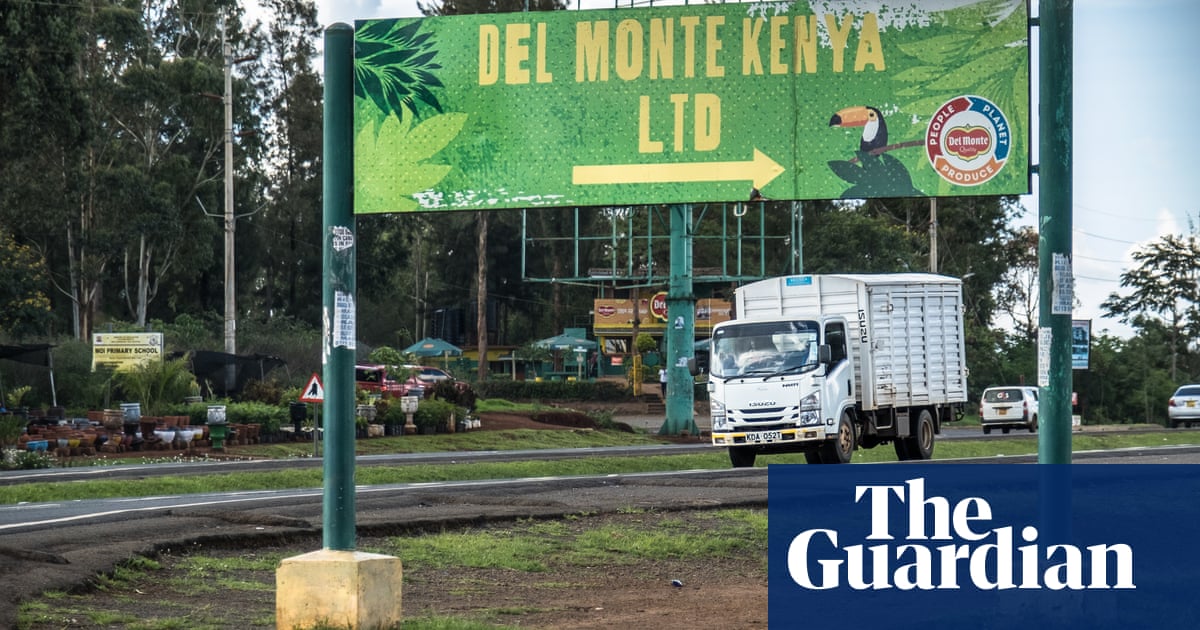


Iceland has reversed its decision and confirmed it is still stocking Del Monte pineapple products despite the brand’s ongoing allegations of human rights abuse on its Kenyan farm. Last month, the frozen food specialist told the Bureau of Investigative Journalism that it was not stocking the products in question, however, it has since said the first statement did not apply to all canned pineapple products from the Thika plantation. Iceland’s amended statement is understood to make it the last UK supermarket still stocking the Del Monte pineapple products from Kenya, after Morrisons last month also discontinued the tinned fruits. It comes amid an ongoing investigation into the FMCG’s Kenyan farms, which the fruit brand faced backlash over the treatment of its workers when it was found by TBIJ’s investigation that across 134 villagers living near the farm, the community had suffered five deaths, five rapes, and allegations of serious injuries. However, Del Monte’s farm has also since faced further claims of violent abuse against workers, including the deaths of four men whose bodies were retrieved from a river in December and bystanders hit by stray bullets between clashes between police and young men. Iceland said the miscommunication was down to “human error” [216f63db].
Del Monte, a pineapple farm in Kenya, is facing allegations of assault, rape, and murder by its security guards. A lawsuit has been filed against Del Monte at Kenya's High Court, representing two NGOs and 10 individuals who claim they or their relatives have been attacked by security guards employed by the company. The company denies the allegations and says it is ready to address them in court. In December, police announced an investigation into the suspected murder of four men accused of trying to steal pineapples from the Del Monte plantation. The plantation has been plagued by thefts, and locals claim that security guards employed by Del Monte have assaulted, beaten, tortured, maimed, raped, and killed trespassers. The allegations of human rights abuses by Del Monte's security guards are being monitored by the Kenya National Human Rights Commission. British law firm Leigh Day represents 134 people who claim they were abused by Del Monte's guards, including cases of rape and death. The allegations indicate a brutal and systemic modus operandi that is completely at variance with a business that respects human rights, according to the law firm. Del Monte has declined requests for an interview to discuss the claims. In response to the allegations, Del Monte Kenya is advertising for a human rights manager to address the allegations of killings and violence by its security guards. The company commissioned a confidential human rights impact assessment (HRIA) which concluded that the farm was causing major human rights harms to its staff and surrounding communities. Del Monte has also announced that it will outsource its security operations and create a workers' welfare department. The company is facing civil claims over allegations of killing, rape, and beatings by its guards. Former guards alleged a lack of training and poor relationship with local people had fueled violent clashes. Since the allegations were published, there have been five more deaths allegedly linked to guards at the farm. Del Monte Kenya denies the allegations and says it is committed to adhering to the highest international human rights standards [0d876d64].
Indorama Agro, one of Uzbekistan’s largest cotton producers, has been documented to have committed dozens of serious labor rights violations, including mass redundancies, abuse of employment contracts, anti-union activities, and the illegal reclassification of almost 400 employees as 'service providers.' There have also been incidents of retaliation against workers and farmers who have spoken out against rights abuses. The project is being financed by the European Bank for Reconstruction and Development (EBRD) and the International Finance Corporation (IFC) with loans totaling $130 million. The situation for workers and farmers has deteriorated, and a compliance review request has been filed with the EBRD. Retaliations against workers and monitors have escalated, and there have been clear violations of freedom of association, movement, and speech. The democratically elected trade union in Syrdarya has faced pressure, and workers complain about the lack of an effective company grievance mechanism. Farmers delivering cotton to Indorama Agro have reported late payments, low prices for their cotton, and inflated prices for inputs. Gross negligence of health and safety standards has also been documented. Lenders' responses to reports of rights violations and retaliations have failed to improve conditions for workers and contract farmers. The Indorama Agro project was intended to be a flagship example of a reformed cotton sector in Uzbekistan, but it has been delisted from Better Cotton licensing due to labor rights concerns. The case represents a potential liability for multilateral development banks (MDBs) that have invested over $1.5 billion in Indorama and its subsidiaries. The human rights due diligence and risk assessment for the project failed to effectively assess and mitigate human rights risks in Uzbekistan, exposing the weakness of MDB safeguards. MDBs need to respond decisively to reports of rights violations and retaliations to protect those impacted by their investments [65c64bbf].